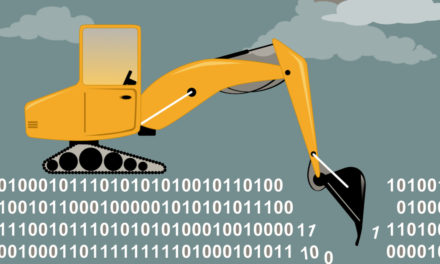So, when is it legitimate to nudge?
Critical debates about the nudge approach as a policy tool are often about that nudging “manipulates peoples choices“. That government tricks people to, in their unconsciousness, choose a certain choice.
When it comes to this characterization of critique, Hansen and Jespersen (2013) highlights in a very well written paper that there are often some unseen areas in the debate. (Source)
Firstly, they argue that standard policy tools are seldom transparent. Hence, the critique about “manipulation of choice” applies not only for nudging – but for most types of policy instruments. E.g. who among us knows what taxes are applied to every product in the supermarket? So, perhaps a more accurate debate regarding this critique would be the question if paternalism is justified at all? And that’s another debate…
Another valid point is that there are different types of nudges, some that may be more appropriate than others when it comes to policy implementation. Hansen and Jespersen divide nudges in to two types; type 1 and type 2. Both aim at influencing automatic behaviour*, but only type 2 is anchored in reflective behaviour*. Therefore, type 2 can be






